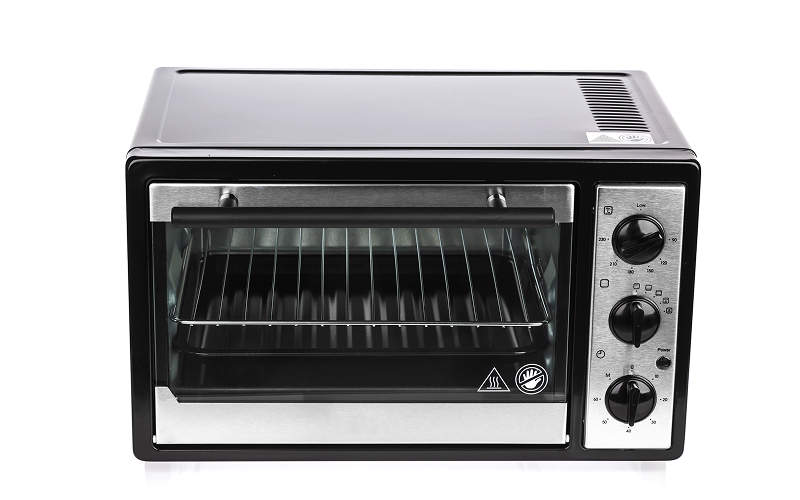
In Singapore, many households are constantly seeking ways to cut down on energy costs while reducing their environmental footprint. One common piece of advice often heard is to unplug appliances when they are not in use. But does this really make a difference in managing household electricity, or is it more of a myth than a meaningful energy-saving practice?
Understanding Standby Power Consumption
When appliances are switched off but remain plugged in, they may still draw a small amount of electricity. This phenomenon is called standby power consumption. Items like televisions, microwave ovens, chargers, and game consoles often continue to consume energy, even when not actively used. While the amount of electricity each device uses in standby mode might seem minimal, the cumulative effect across an entire home over time can be significant. In a country where energy efficiency is increasingly emphasised, even these small savings add up.
Common Appliances That Drain Power
Chargers left in sockets, even without a connected phone, can still use power. Similarly, appliances such as set-top boxes, printers, and Wi-Fi routers consume energy continuously. Refrigerators, of course, must remain plugged in, but smaller gadgets that are used infrequently should ideally be disconnected when not needed. This conscious practice not only reduces wastage but also encourages individuals to be more aware of their daily energy consumption patterns. By tackling these hidden energy drains, families can take a practical step towards lowering household expenses.
The Financial Impact Of Unplugging
For many Singaporeans, the key question is whether unplugging appliances can lead to noticeable financial savings. While unplugging a single phone charger may only save a few cents a month, unplugging multiple devices across the home can reduce electricity bills by a more meaningful margin. Over the course of a year, the savings may be equivalent to the cost of a few meals, which can still be worthwhile, especially for larger households that use many electronic gadgets daily. The bigger value lies in cultivating energy-efficient habits, which can collectively support more sustainable living across communities.
Reducing Energy Waste In A Wider Context
The conversation around unplugging appliances is also tied to Singapore’s larger sustainability goals. As the country continues to expand its clean energy sources, reducing unnecessary consumption becomes even more important. The government has been investing in solar panels and innovative energy solutions, making renewable energy electricity more accessible. By ensuring that power is not wasted on idle appliances, households can indirectly support national efforts to use resources more efficiently by utilising renewable energy solutions. It highlights the role of personal responsibility in contributing to a greener Singapore.
Practical Tips For Managing Energy Use
While unplugging appliances is a good starting point, there are additional strategies to improve efficiency at home. Using smart power strips allows multiple devices to be disconnected easily with a single switch. Choosing energy-efficient appliances with the Singapore Energy Label also makes a difference, as these consume less power overall. Households can further optimise usage by switching off lights when leaving a room and running washing machines or dishwashers only when full. These small adjustments, combined with unplugging habits, help reduce unnecessary energy consumption over time.
The Environmental Benefits Of Conscious Energy Use
Although the individual savings from unplugging may seem modest, the environmental benefits are harder to ignore. Reducing demand means less electricity needs to be generated, easing pressure on the grid and lowering carbon emissions. This is particularly relevant in Singapore, where the government is actively working towards a more sustainable energy landscape. By making small changes at home, families play their part in building a collective culture of energy efficiency. In the long run, these efforts support both cost savings and environmental protection.
Conclusion
Unplugging appliances is not a magical solution that will slash bills dramatically, but it is an effective practice that prevents unnecessary wastage. By reducing standby power consumption, households can make small but consistent savings while contributing to broader sustainability efforts. For Singaporeans keen on lowering household electricity costs and supporting eco-friendly initiatives, this habit is worth adopting alongside other energy-saving measures. If you are ready to improve your home’s efficiency and reduce wastage, contact Flo Energy Singapore today to learn more about practical energy-saving solutions.
